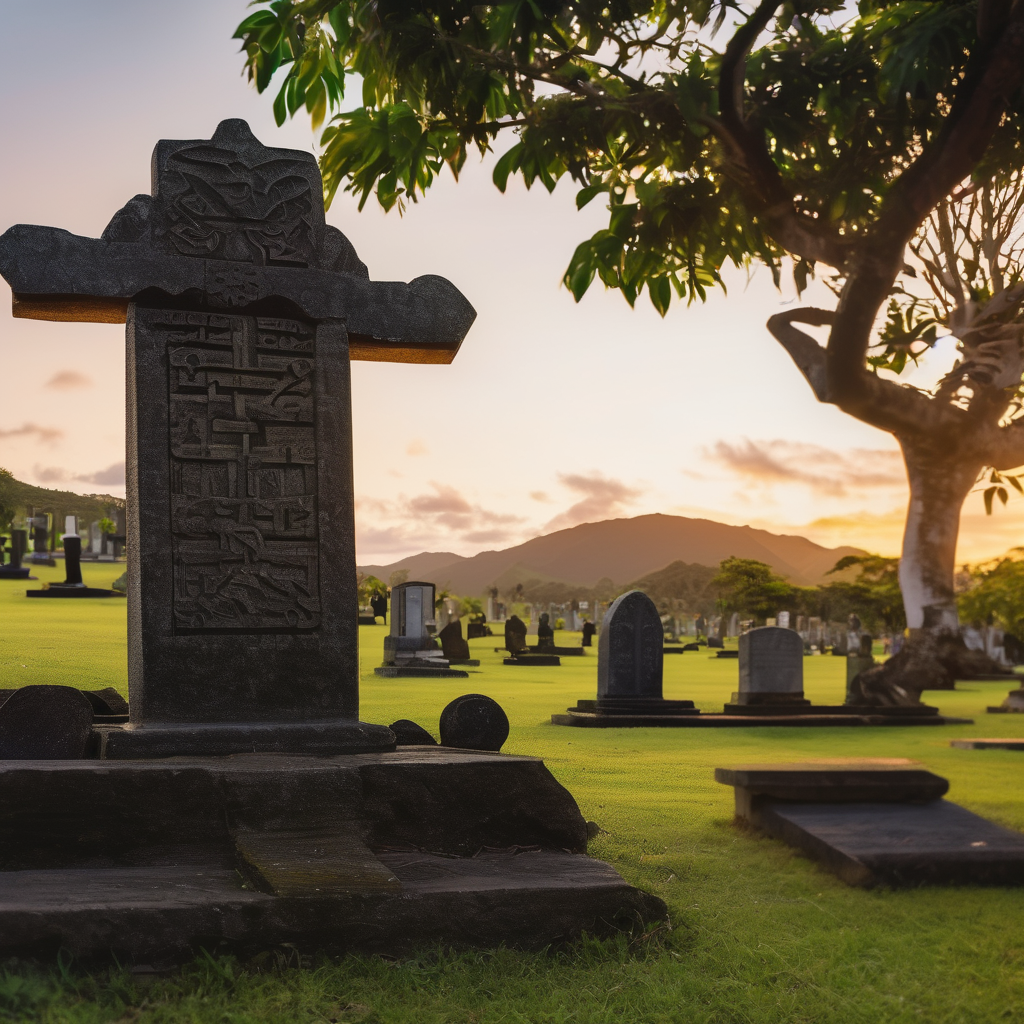The iTaukei Affairs Board has raised urgent concerns about the deficiencies in the management and regulation of iTaukei burial grounds. In a recent meeting with the Standing Committee on Justice, Law and Human Rights, the Board pointed out that the current legal framework does not empower local villages or the iTaukei Ministry, hindering their ability to enforce boundaries and effectively manage burial practices.
This discussion coincided with the review of the Burial and Cremation Amendment Act 2025 and the Quarantine Amendment Act 2025. Committee Chair Ratu Rakuita Saurara Vakalalabure emphasized that the authority over burial grounds should start at the Tikina Council and be approved by the Provincial Council. However, adherence to this process is often lacking, complicating management efforts.
Josefa Toganivalu, Deputy CEO of iTaukei Affairs, noted that meetings within Tikina Councils predominantly focus on the upkeep of cemeteries, overlooking more significant regulatory issues. The lack of accurate records concerning land allotments and cemetery boundaries further complicates the oversight of burial practices, leading to ineffective enforcement of regulations.
Vakalalabure underscored the need for more robust legislation to safeguard communities, ensuring the recognition and preservation of traditional practices. Committee Member Jone Usamate raised health concerns tied to improper burial practices, referencing a troubling incident in Kadavu where a soldier was buried within a home, highlighting the urgent need for better regulation.
While urban cemeteries are under regulation, traditional iTaukei burial practices frequently escape legal oversight. Toganivalu proposed the establishment of standard operating procedures and licensing for officials managing burial sites, urging attention to the potential health risks posed by unregulated practices. The conversation also addressed complications associated with burials on leased land, emphasizing the difficulties arising as leases expire.
These deliberations occur in the context of ongoing calls for legislative reform aimed at clarifying rights and responsibilities regarding burial practices. Similar calls for a review of the Burial and Cremation Act 1911 have been made by the Fiji Corrections Service, emphasizing the need for effective management of burial sites and legal recognition.
The proactive engagement of the iTaukei community in addressing these regulatory challenges signals a hopeful outlook for the future of burial regulations. By strengthening the legislative framework surrounding burial grounds, there is an opportunity to honor cultural values and promote essential health safeguards, ultimately ensuring dignity in the care of the deceased.
